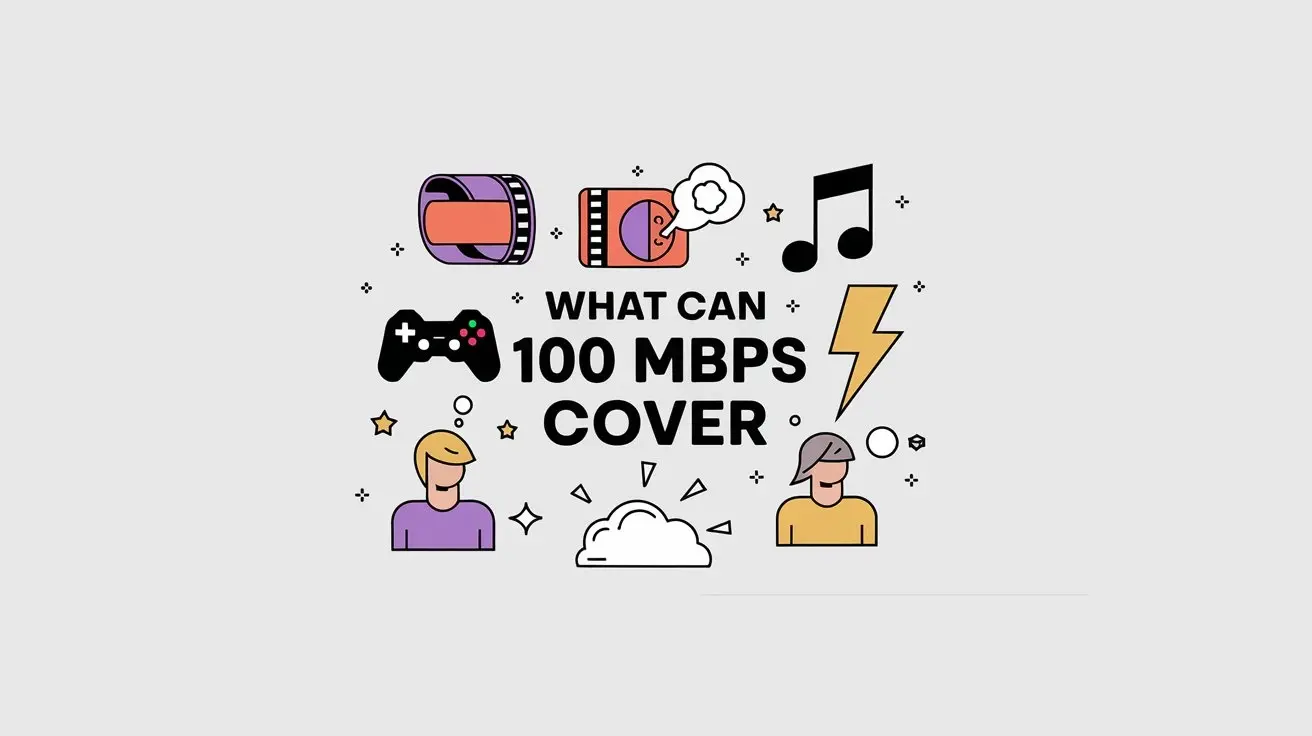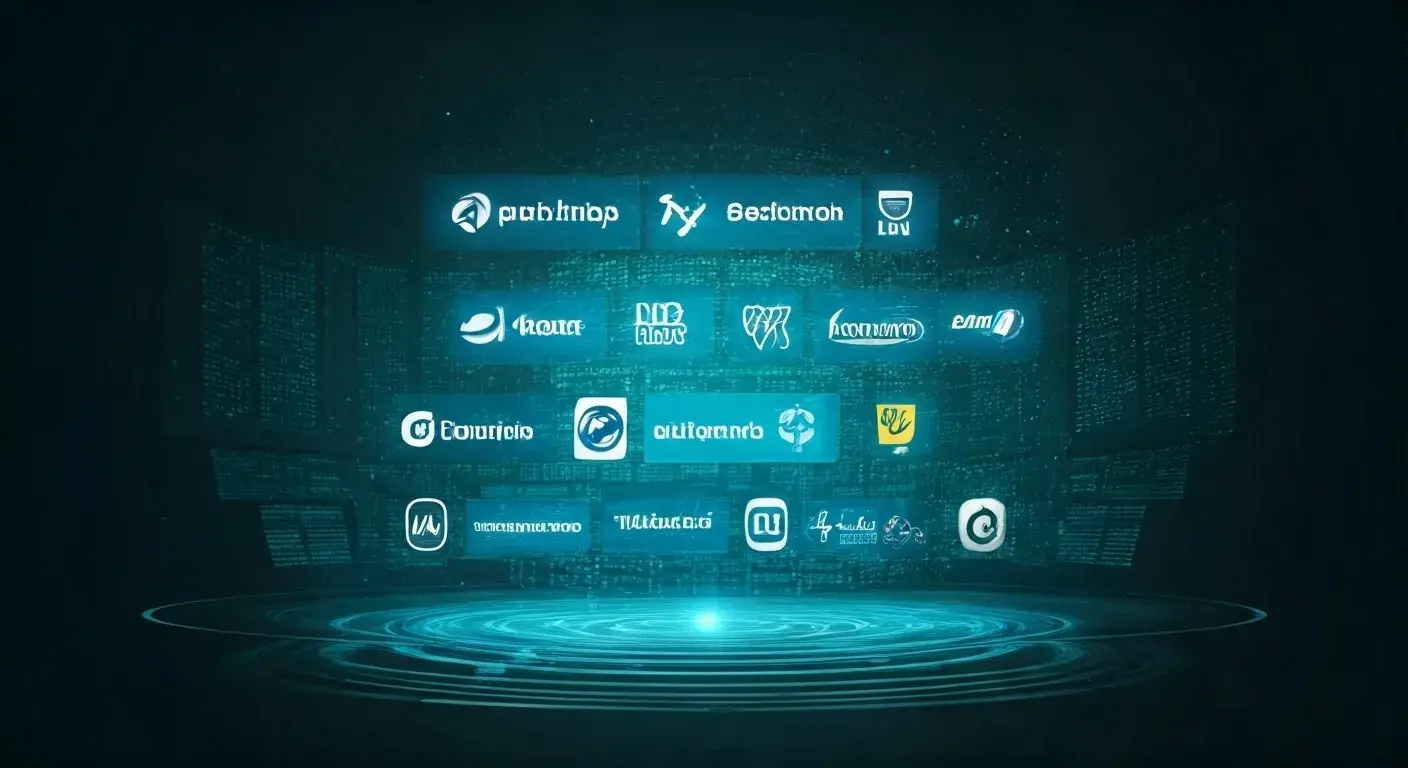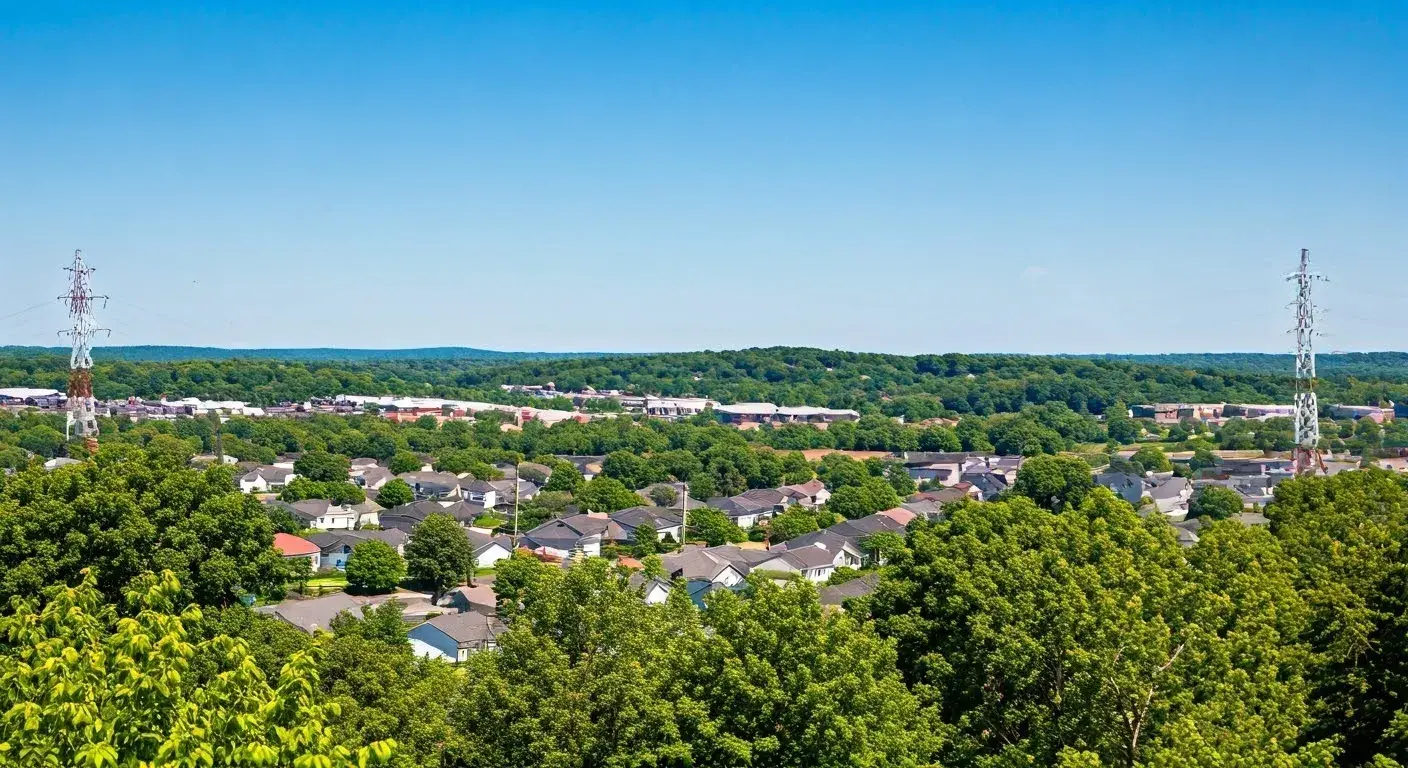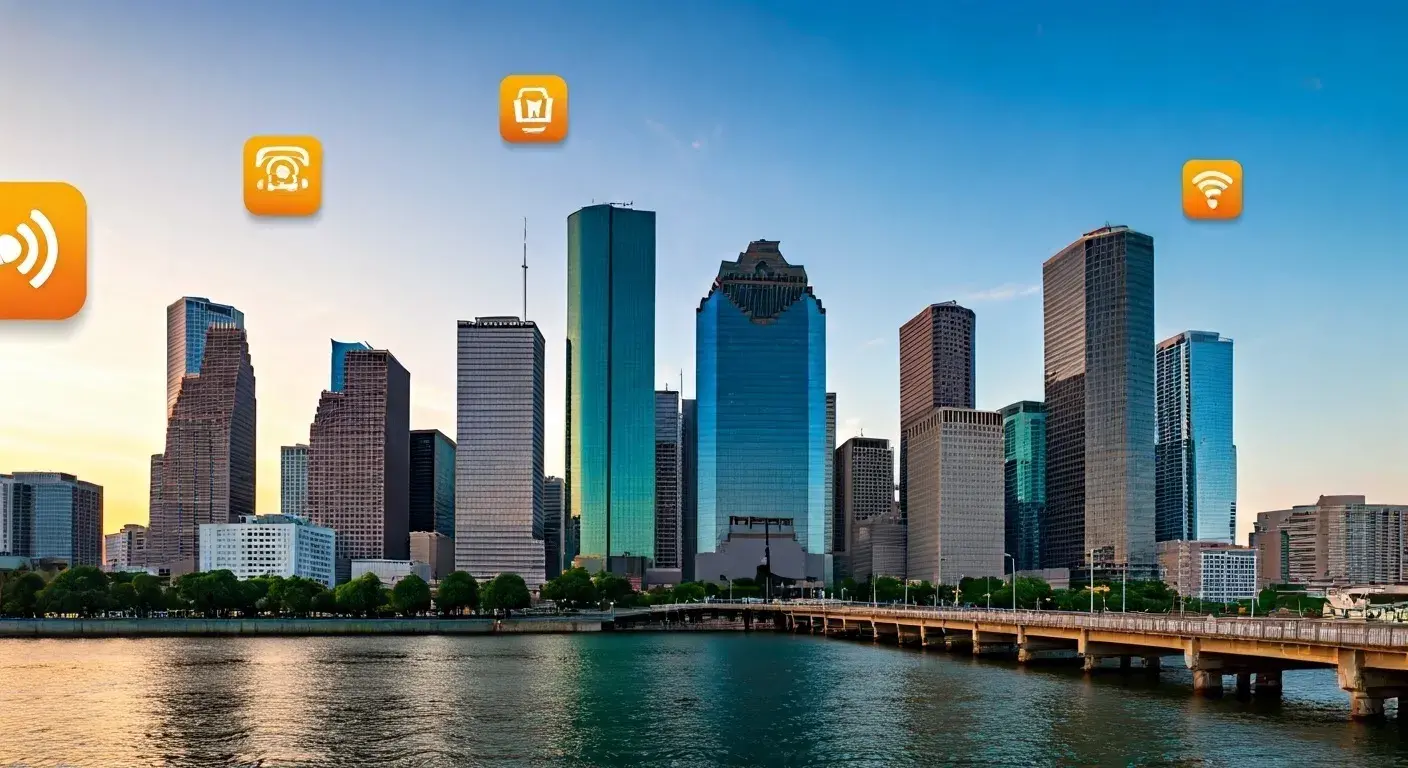
In today's digital age, access to the internet has become almost synonymous with accessing information, education, and opportunities. However, in Cuba, a unique set of circumstances has made internet accessibility a complex issue. This article will delve into the heart of the matter, shedding light on Connecting the Dots: Internet Accessibility in Cuba.
The Cuban Connectivity Puzzle
The first step in understanding internet accessibility in Cuba is to grasp the complex landscape.
Internet Connectivity: A Rare Commodity
Cuba's internet accessibility has been historically limited. The government has strict control over connectivity, making it a rare commodity for the average citizen.
Limited Infrastructure
A significant factor contributing to this issue is the limited infrastructure. Cuba's outdated infrastructure poses a considerable challenge to improving internet access.
The Role of ETECSA
ETECSA, Cuba's state-run telecommunications company, plays a pivotal role in controlling and distributing internet services.
The High-Cost Barrier
For most Cubans, the high cost of internet services is a substantial barrier to access.
Progress and Challenges
While the challenges are evident, there have been notable strides towards improving internet accessibility.
Introduction of Mobile Internet
Cuba introduced mobile internet in 2018, a significant milestone in expanding access.
Public Wi-Fi Hotspots
Public Wi-Fi hotspots have become increasingly common, making it easier for people to get online.
Challenges Remain
However, the challenges of slow connection speeds and limited bandwidth persist.
International Assistance
International organizations and tech companies have played a role in improving connectivity.
International Partnerships
Collaborations with foreign companies and organizations have contributed to infrastructure development.
Google's Involvement
Google's initiatives, such as providing free internet at public Wi-Fi zones, have enhanced accessibility.
Personal Experiences
To truly understand the impact of internet accessibility in Cuba, we turn to personal experiences.
A Student's Perspective
Juan, a Cuban student, shares his experience of how the internet has transformed his education.
Entrepreneurs' Struggles
Cuban entrepreneurs, like Maria, discuss the hurdles they face due to limited connectivity.
Connecting Families
The internet allows families, like the Garcias, separated by borders, to stay connected.
Connecting the Dots: Internet Accessibility in Cuba Explained
Understanding the bigger picture is essential to address the issue effectively.
FAQs
Q: Why is internet access limited in Cuba?
A: Internet access in Cuba is limited due to government restrictions and the country's outdated infrastructure.
Q: Has there been any improvement in recent years?
A: Yes, Cuba introduced mobile internet in 2018 and expanded public Wi-Fi hotspots, showing progress.
Q: How does limited internet access affect education?
A: Limited internet access hampers education, making it difficult for students to access online resources and information.
Q: Are there any international efforts to improve connectivity?
A: Yes, international partnerships and initiatives from companies like Google aim to improve connectivity in Cuba.
Q: How do Cuban families benefit from improved internet access?
A: Improved internet access allows separated families to stay connected through video calls and messages.
Q: What are the future prospects for internet accessibility in Cuba?
A: Cuba is making strides, but addressing infrastructure challenges and reducing costs are essential for better access.
Conclusion
Internet accessibility in Cuba is a multifaceted issue. By understanding the challenges, progress, and personal impact, we can appreciate the significance of Connecting the Dots: Internet Accessibility in Cuba. As Cuba navigates its unique path toward digital inclusion, the world watches with anticipation.






